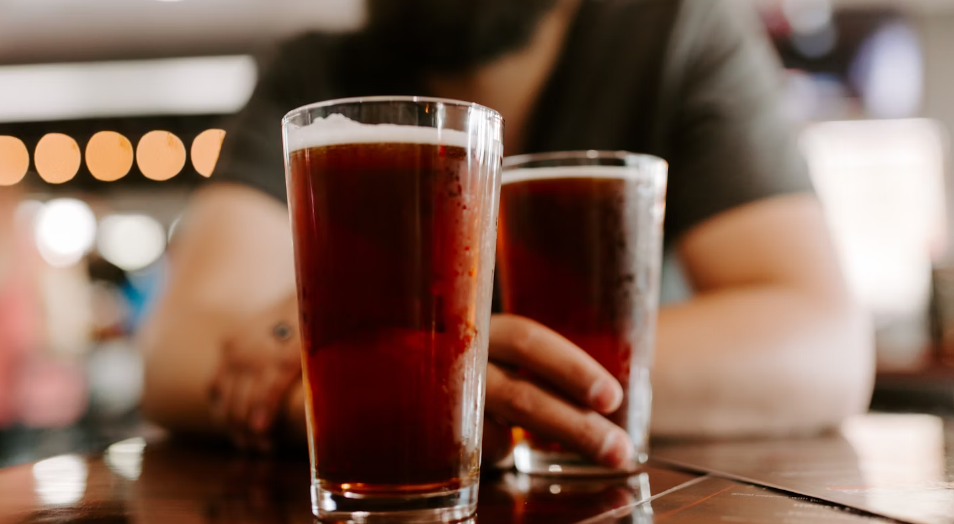Enjoying a cold beer at the end of the day might seem like a harmless pleasure, but is it really a wise habit?
Others are reading now
Alcohol Is Alcohol, Regardless of the Drink
Beer is often not associated with the same stigma as hard liquor, but alcohol’s effects are universal, regardless of concentration. “It doesn’t matter whether we’re drinking vodka or low-alcohol beer,” states expert Dr. Andrzej Konieczny in an interview with Medonet.
The debate over whether a small daily dose of alcohol is beneficial or harmful to health has been ongoing for years. However, there’s no doubt that excessive beer consumption carries its consequences. While many might first think of beer’s caloric content and the infamous “beer belly,” the repercussions extend further.
Also read
From Calories to Chronic Conditions: Understanding the Health Impacts
Excessive consumption of beer and other alcoholic beverages can increase the risk of type 2 diabetes. One reason is the significant calorie content in beer, which contributes to a higher likelihood of overweight or obesity, thereby elevating the risk for type 2 diabetes.
“Beer contains maltose, a sugar formed during the fermentation process, giving it a very high glycemic index of 110,” explains Dr. Konieczny. “Every sip of beer means a large amount of maltose quickly enters the bloodstream and is well absorbed. Over time, this can lead to an increase in the body’s glucose levels, resulting in a dangerous disease like diabetes. Therefore, individuals struggling with overweight and those already suffering from diabetes should definitely avoid beer.”
Alcohol also contributes to diabetes in another way. Regular, intense consumption of beer can reduce the body’s sensitivity to insulin, leading to increased blood sugar levels. And when blood sugar levels are consistently high, the risk of developing diabetes increases.
Liver Damage and Beyond: The Wider Effects of Alcohol
It’s well-known that alcohol, including beer, damages the liver, providing yet another reason to moderate beer consumption.
“Fatty liver can eventually evolve into cirrhosis, meaning fibrosis of the liver. The disease is irreversible, and its consequence is organ failure. Without a transplant, cirrhosis can lead to the patient’s death,” states Andrzej Konieczny.
Frequent and prolonged alcohol use, including beer, also affects the pancreas. This can lead to acute pancreatitis and eventually chronic pancreatitis, gradually causing irreversible damage.
“Excessive drinking causes pain in the pancreas. This is because the so-called secretory functions of the pancreas are significantly impaired, reducing the production of digestive enzymes. This manifests as poorer digestion. The pancreas’s endocrine functions also change, including the production of insulin, leading to another path to diabetes,” explains the doctor.
“Even a bottle or can of beer every day turns out to be dangerous,” says Dr. Andrzej Konieczny. He also notes that ‘just that one beer can create a false sense of minimal or no alcohol consumption.’ Thus, it may be worth reconsidering the daily beer habit altogether.


